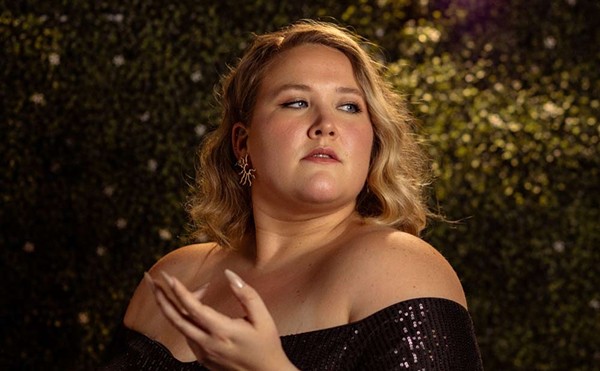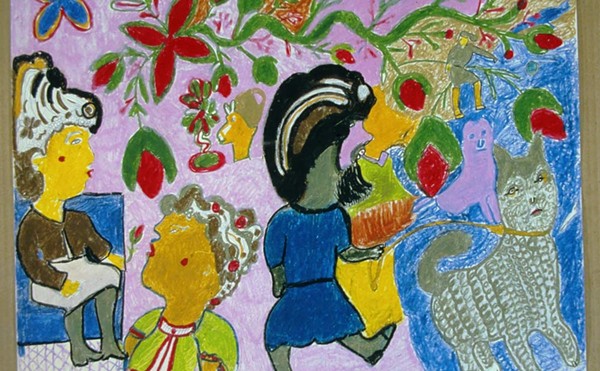Length: 1 hour, 54 minutes
Studio: Sony Pictures Classics
Website: http://www.spe.sony.com/classics/governess/index.html
Release Date: 1998-08-28
Cast: Minnie Driver, Jonathon Rhys Meyers, Harriet Walter, Florence Hoath, Tom Wilkinson
Director: Sandra Goldbacher
Screenwriter: Sandra Goldbacher
Music Score: Edward Shearmur
WorkNameSort: The Governess
Our Rating: 3.50
Sandra Goldbacher's "The Governess" is a period piece set in England and Scotland in the mid-19th century. Its protagonist is an intelligent, strong-willed young woman who is neither a madonna nor a whore. Yet refreshingly enough, the end of the film doesn't find her soul crushed by The Man's iron wheels of oppression. Yes, lofty themes like the power struggle between the genders are explored, but they aren't reduced to the same easy clichés as many period films. The story looks and sounds 19th century, but has a decidedly modern feel.
The film begins as many Victorian dramas do, with the heroine, in this case a young Jewish woman named Rosina (Minnie Driver), going to live with another family after her father has died. For Rosina, this is a conscious choice -- she rejects an arranged marriage and decides to support the rest of her family on her own. She poses as a gentile, calling herself Mary Blackchurch, and goes to live with the Cavendish family to tutor their young daughter Clementina.
The Cavendishes are chilly and self-absorbed, and Rosina is miserable until she discovers Mr. Cavendish's experiments with early photographic methods. Rosina begins to assist him and discovers a way to keep his images from fading away. She becomes his muse and lover. Their affair is complicated when Cavendish's son, Henry (Jonathan Rhys Meyers), comes home from college and becomes infatuated with her.
The role of Rosina seems tailor-made for Minnie Driver, and she is wonderful in the part. Mr. Cavendish nails it when he professes that her huge eyes "devour" him. With Tom Wilkinson ("The Full Monty") as Cavendish, it's not such a stretch that Rosina would find this older man desirable. Beneath his very proper and scientific surface burns the passionate fire of an artist, a fire he fears will consume him. There is chemistry between the two, and the photographs they create are a compelling metaphor for their desire to capture and control the uncontrollable.
Goldbacher, who wrote and directed, makes good thematic use of color: we feel Rosina's loneliness in the drab grays and browns of her new Scottish home -- the relief of a bright-red scarf is almost cause for elation; her sepia-toned photos seem to glow like a welcome hearth.
Where Goldbacher seems less sure is in the creation of external tension -- when Henry calls Rosina by her real name, the potential revelation of her true identity should paralyze us with fear, but it doesn't. While the externalities of Judaism do add richness and texture to the film, they are largely unnecessary as a plot device -- a gentile governess would probably be equally lonely and alienated in the Cavendish house.
Goldbacher does succeed, however, with the complex and subtle internal tensions of Rosina and Cavendish, which are far more interesting anyway. When Cavendish goes back to calling Rosina "Miss Blackchurch" rather than "Mary," his words sting more than any racist epithet ever could.

















